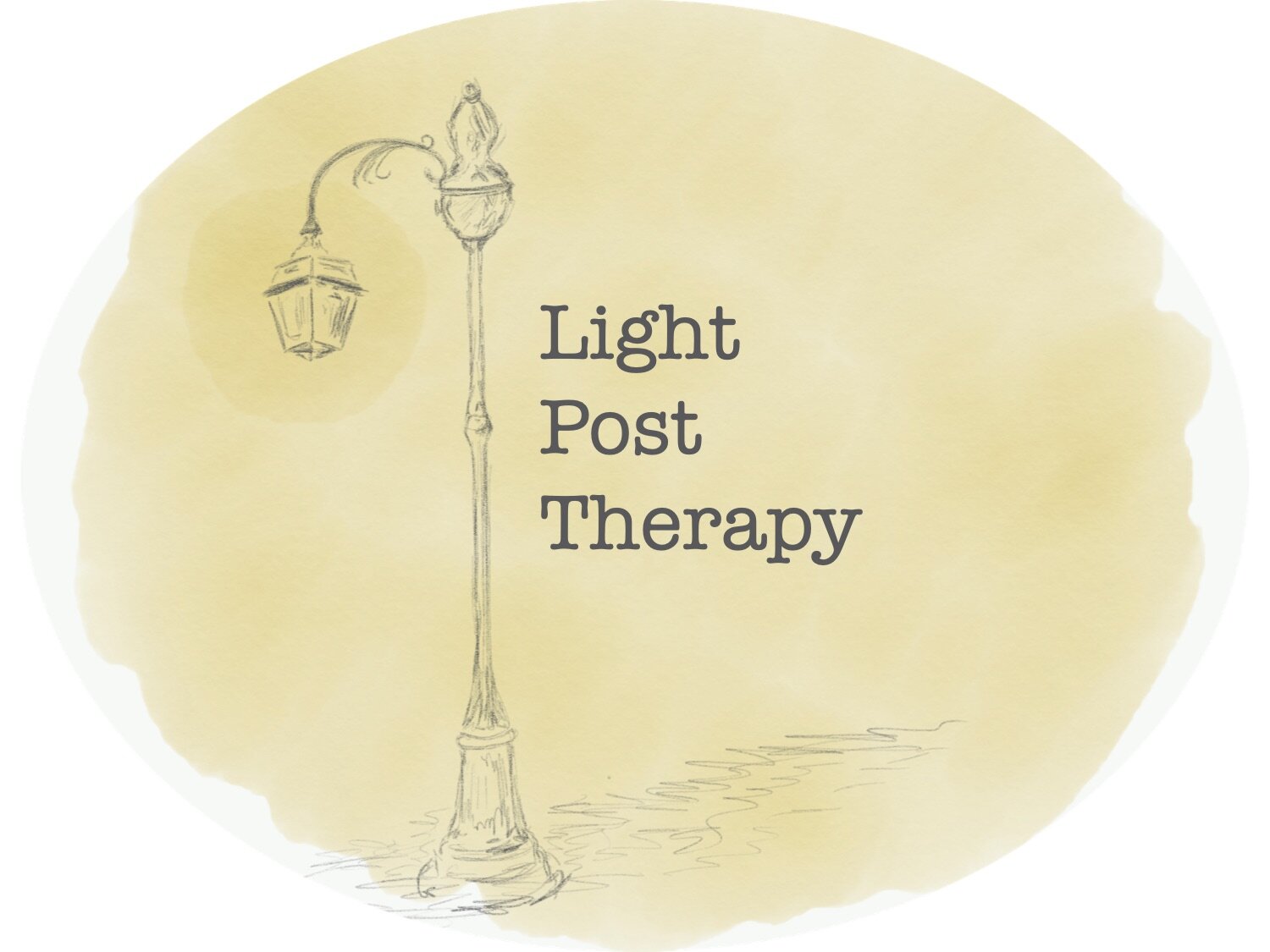Welcome to Light Post Monthly!
I’m both excited and proud to be posting the first edition of Light Post Therapy’s monthly newsletter, which I am currently calling, Light Post Monthly. In the months to come, I hope to expand on topics of interest, including what I mean when I say Body Security. I encourage readers to check-in monthly and to contact me with questions or quandaries that result from the topics covered. While I hope that Light Post Monthly provides a space to spread the good word about Body Security, I also hope that this will be a dynamic space, where we can discuss a wider variety of concerns related to body image, inclusivity and belonging.
**Please note that in this edition, I share some of my experiences within the Body Acceptance movement, as well as discussing the harmful impacts of diet culture. These topics may be triggering for some readers. If you choose to read on, please know that you are not alone, and your body does not define your worth.**
When I talk about working through issues related to body image, restricted or disordered eating, or body acceptance, I often use the term Body Security. Body Security, as a concept, was developed though my knowledge of Attachment science, and my interest in the Health at Every Size (HAES) and Body Acceptance movements. Avid Anti-Diet activist, author and dietician, Christy Harrison, talks about body acceptance in her book, Anti-Diet. In Anti-Diet, Harrison (2019) outlines the impact that fatphobia and fat-stigma have in our society, and situates Wellness ideals in a framework that suggests they are the result of long-standing traditions of racism, classism and sexism. Fatphobia and weight stigma jeopardize our ideas about self-worth, and condemn us to a lifetime of reaching for a body shape, or a number on a scale, that may not be attainable or sustainable. Weight stigma creates and propagates eating disorders, compulsive exercising, and self-loathing (to name only a few of the detrimental health outcomes). Further, research shows that weight cycling, also known as yo-yo dieting, may be more harmful than living in a body without dieting, no matter the shape or size.
Body Security is an idea that came from my own experience and my journey of healing from a lifetime of restricted eating, compulsive exercise and general obsession with food and diet. After being introduced to the movement, I felt a call to work with people who have experienced weight stigma, fatphobia and self-loathing, as a result of the diet culture. In essence, the body acceptance movement changed the course of my life, both personally and professionally. That being said, after some time, I began to notice that some of the ideals within the movement caused me to feel shame and guilt around how well I was able to commit myself to the process of giving up diet culture. The more I learned about HAES and body acceptance, the more I was confronted with the idea that I could never again dip my toes into the well of diet culture. Don’t get me wrong- diet culture is tremendously harmful, but it’s also inside of me because I have lived its values for over 30 years. In order to fight against diet culture, I needed to spend a lot of time processing its effects on my mind and body. I needed to feel safe and secure in letting those ingrained diet-culture values go.
Let’s face it- living the values of HAES and Body Acceptance is an uphill battle. While the movement is gaining traction, many people have never considered a life without diet culture. It’s understandable that I sometimes find myself dreaming of rejoining the dominant rhetoric on health and wellness, even though I know how traumatizing it can be. When I’m out in the world, I still experience weight-stigma and fatphobia, and so, it’s reasonable for my mind to tell me that things would be easier if I had a smaller body. Returning to the dark side was (and sometimes still is!) tempting and I was tired of feeling like I wasn’t “doing it right” when I let myself wade in these fantasies.
Developing the concept of Body Security freed me from the shame and guilt that I often experienced when I daydreamed about living in a smaller body, or when I was tempted by the latest diet-app. It gives me the language to live my values while (occasionally) imaging that my life was different. And finally, the most important thing that Body Security has done for me, is given me permission to live in my body, with all of these complex thoughts and feelings, while also respecting and honouring my health and wellness.
If the ideas proposed in this addition have sparked an interest or have left you wanting more information about Body Security, I encourage you to come back next month, when I’ll be describing some of the fundamental principles of Body Security. If you relate to some of the information I’ve shared, please reach out to book a free 20-minute consultation to discuss how you might start your journey toward Body Security.
The information contained in this document is not intended as a replacement for medical care/advice, or mental health care. If you have questions or concerns regarding your physical or mental wellbeing, I encourage you to reach out to a trusted healthcare professional.
Please contact Jessica Curran for a list of references used in the writing of this article at jessicacurran@lightposttherapy.com.

